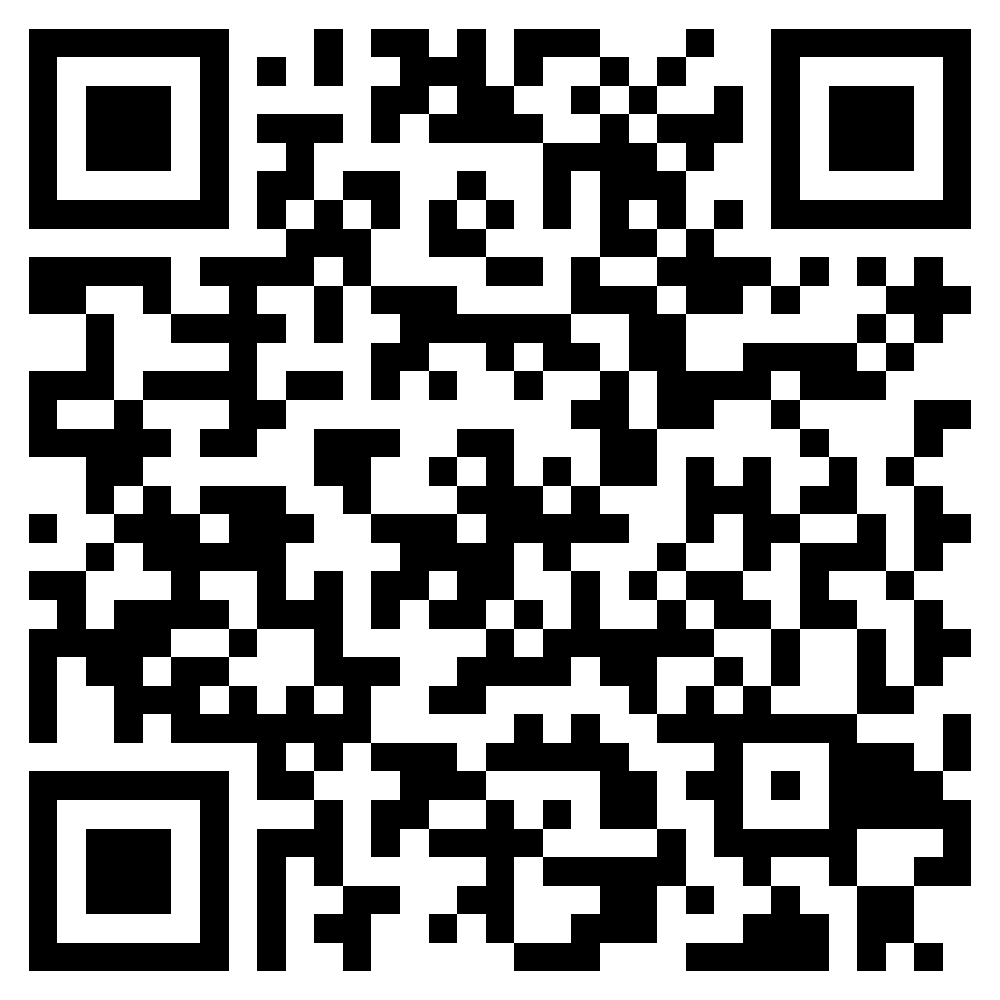THE ROLE AND IMPORTANCE OF EDUCATIONAL METHODS IN THE PEDAGOGICAL ACTIVITY OF FUTURE EDUCATORS
DOI:
https://doi.org/10.55640/eijmrms-02-04-04Keywords:
Perfect, person, teacher activityAbstract
Educational processes in the pedagogical activity of future teachers, the development of a harmonious personality, the requirements for the personality of the teacher, the importance of personal development to ensure the development of the individual, the positive skills of each person's lessons and intellectual potential is the process of giving to others.
References
The Constitution of the Republic of Uzbekistan. T., Uzbekistan, 1992, 46p.
Law of the Republic of Uzbekistan “On Education. A harmoniously developed generation is the foundation of Uzbekistan's development. T., 1997, 2029p.
"National Training Program" of the Republic of Uzbekistan. A harmoniously developed generation is the foundation of Uzbekistan's development. T., 1997, 3160p.
Law "On the state language of the Republic of Uzbekistan". - T .: Uzbekistan, 1989. Saidakhmedov N., Abdurahmonov O. The essence of modern pedagogical technology and modern project. - T .: RTM, 1999. - 27 p.
Tolipov OQ, Usmonbaeva M. Pedagogical technology: theory and practice. T .: “Fan”, 2005. 206 b. 20. Farberman B. Advanced pedagogical technologies. - T .: Fan, 2000. - 46 p.
Kholikov A. Basics of pedagogical skills. T .: «TAFAK KUR-BO„ STONI »- 2011

Downloads
Published
How to Cite
Issue
Section
License
Copyright (c) 2022 Turakhonova Barnokhon Tursunboy Ugli , Mukhtoraliyev Abdurasul Tokhirjon Ugli

This work is licensed under a Creative Commons Attribution 4.0 International License.
Individual articles are published Open Access under the Creative Commons Licence: CC-BY 4.0.

